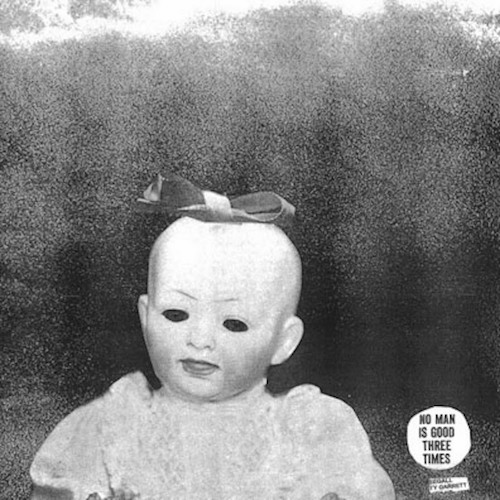 Release Date: June 13, 2011
Release Date: June 13, 2011





The Internet has turned our generation into one of instant gratification. The days of word-of-mouth are gone, traded in for the type-and-click blogosphere. Disputed facts can be answered in seconds with a few light touches on a smartphone screen and make all of us feel like veritable experts on anything we are remotely interested in.
So imagine devout music fans’ insecurity when an unknown band picture of four kids, fittingly shrouded by clouds of smoke and bandanas, surfaced and no one knew anything about them.
Months later, this band would drop their veils and step out as World Unite! Lucifer Youth Foundation—WU LYF. This Manchester group chose to stay out of the traditional pre-debut release spotlight, indicating disgust for self-promotion and, in particular, interviews. Indeed, the band seemed to be a breath of fresh air in a world where the banal thoughts and actions of celebrities are glorified and tweeted. The catch is, WU LYF’s careful press dodging was simply another marketing tactic based on the old-school principle, “Leave them wanting more.” This divisive anonymity left unconvinced masses so hungry for answers that when their debut album Go Tell Fire to the Mountain released, it left a muddled view of what the band really is.
Go Tell Fire to the Mountain is a striking debut. Behind lead singer Ellery Roberts’ sporadic yelp, the album is packed with emphatic, polished guitar work, tight drums and persistent bass lines. The band takes dramatic cues from Arcade Fire, sensibilities from straightforward alternative rock like Pixies, but still carries a sense of mystery, like every high school’s bitchy head cheerleader—showing a lot of leg but never letting anyone see everything. The walls WU LYF built around themselves with their cryptic, anti-marketing marketing left them with mounting pressure to deliver something great. Go Tell Fire sounds poised to do just that, but by the time the album is over the musical build-up, much like the hype, never developed to its full potential. The cathartic release never comes, leaving us dangling on the precipice.
The album is largely concentrated on keeping face with WU LYF’s prefabricated image, or lack thereof. It doesn’t seem like the band is quite sure what direction to take, shifting between British-guitar jangle and brooding rumblings that barely stand out behind Roberts’ distracting vocals, but regardless sounds like it is holding something back.
It seems the band is most effective when allowing more time to develop, as two of the longest tracks are shining moments of Go Tell Fire. “We Bros” shows WU LYF finally letting its guard down, and at the half-way point of the record it was about time. The song is expansive—it roams around and seems to fill in a lot of the unanswered questions about the band. The closer “Heavy Pop” has a similar effect—a nomadic, slow-building ballad that spans the length between minimalist piano chords and what has quickly become Roberts’ signature wailing.
WU LYF was more appealing with their smoke and mirrors. Maybe more intriguing than Go Tell Fire to the Mountain is the unharnessed potential the band has. The strain of mystery seems to have inhibited their ideas, putting them on defense. Until WU LYF can step away from the box they’ve created for themselves and relax into their music as they did for glimmering moments on Go Tell Fire, they will continue to leave audiences wanting more, but at this point it seems like something Wu Lyf is unprepared to give.
WU LYF – Go Tell Fire to the Mountain Tracklist:
- “L Y F”
- “Cave Song”
- “Such a Sad Puppy Dog”
- “Summas Bliss”
- “We Bros”
- “Spitting Blood”
- “Dirt”
- “Concrete Gold”
- “14 Crowns for Me & Your Friends”
- “Heavy Pop”


